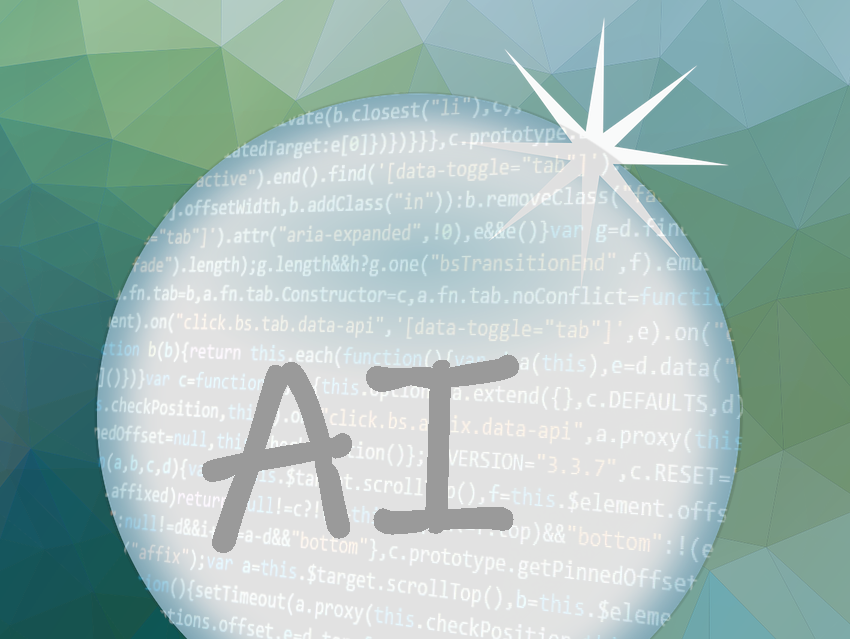The number of scientific publications is growing at an ever-increasing rate. Especially in the field of artificial intelligence (AI) and machine learning (ML), the number of monthly publications is growing exponentially, with a doubling rate of about 23 months. At the same time, the AI community is adopting ideas from many disciplines, such as mathematics, statistics, and physics. It is almost impossible for researchers to keep track and be ahead of the development.
Mario Krenn, Max Planck Institute for the Science of Light (MPL), Erlangen, Germany, and colleagues have developed a tool for predicting future research topics based on data analysis and envision making personalized predictions for future research approaches possible.
As new research ideas often emerge from connecting seemingly unrelated concepts, the researchers have modeled the evolution of the AI literature as a knowledge network. They build a dynamic semantic network that maps the development of AI research since 1994, with about 64,000 nodes (representing individual concepts) and 18 million edges (connecting jointly studied concepts). This graph-based tool is called Science4Cast. Science4Cast is fed with real data from over 140,000 scientific publications and becomes more complex over time as more scientific articles are published.
The team then used this semantic network as an input to ten different methods to accurately predict the future evolution of the semantic network. The methods were inspired by a competition and ranged from purely statistical to purely learning methods, all of which are available on GitHub.
Predicting what researchers will work on in the future is just the first step. The researchers envision further developing Science4Cast to provide personalized suggestions for individual scientists about their future research projects. Such a tool could become a powerful catalyst for changing how scientists approach research questions and collaborate.
- Forecasting the future of artificial intelligence with machine learning-based link prediction in an exponentially growing knowledge network,
Mario Krenn, Lorenzo Buffoni, Bruno Coutinho, Sagi Eppel, Jacob Gates Foster, Andrew Gritsevskiy, Harlin Lee, Yichao Lu, João P. Moutinho, Nima Sanjabi, Rishi Sonthalia, Ngoc Mai Tran, Francisco Valente, Yangxinyu Xie, Rose Yu, Michael Kopp,
Nature Machine Intelligence 2023.
https://doi.org/10.1038/s42256-023-00735-0 - Science4Cast GitHub




